
These reflections have dispelled the agitation with which I began my letter, and I feel my heart glow with an enthusiasm which elevates me to heaven; for nothing contributes so much to tranquilize the mind as a steady purpose,—a point on which the soul may fix its intellectual eye.Robert Walton in Mary Shelley’s Frankenstein
Talk of pivoting is popular. But, most companies don’t have a place to pivot from.1
When a company only chases profits or market share, they only have the whims of the market to anchor their business. And, when those whims change, their anchors get dislodged and they have to scramble for a new spot to give them stability.

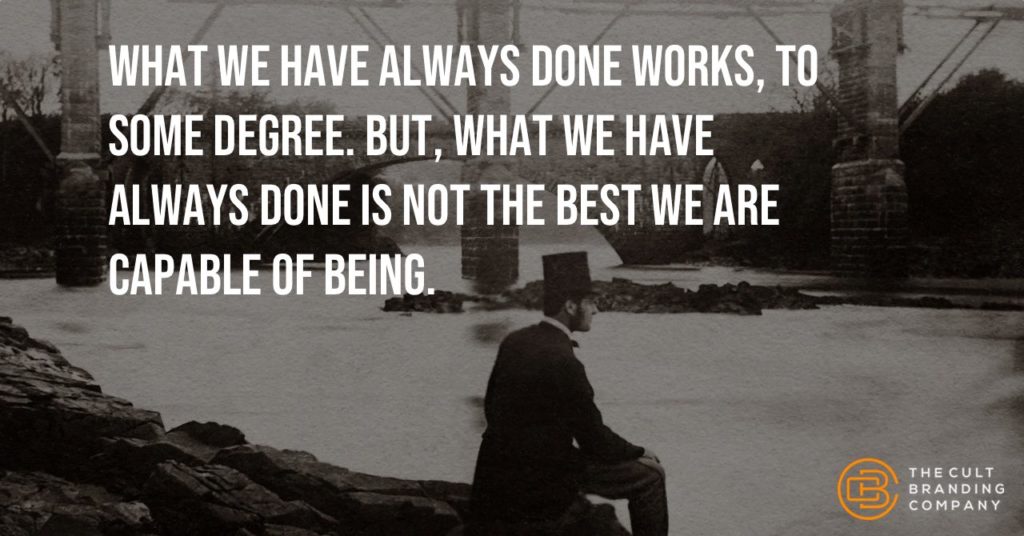
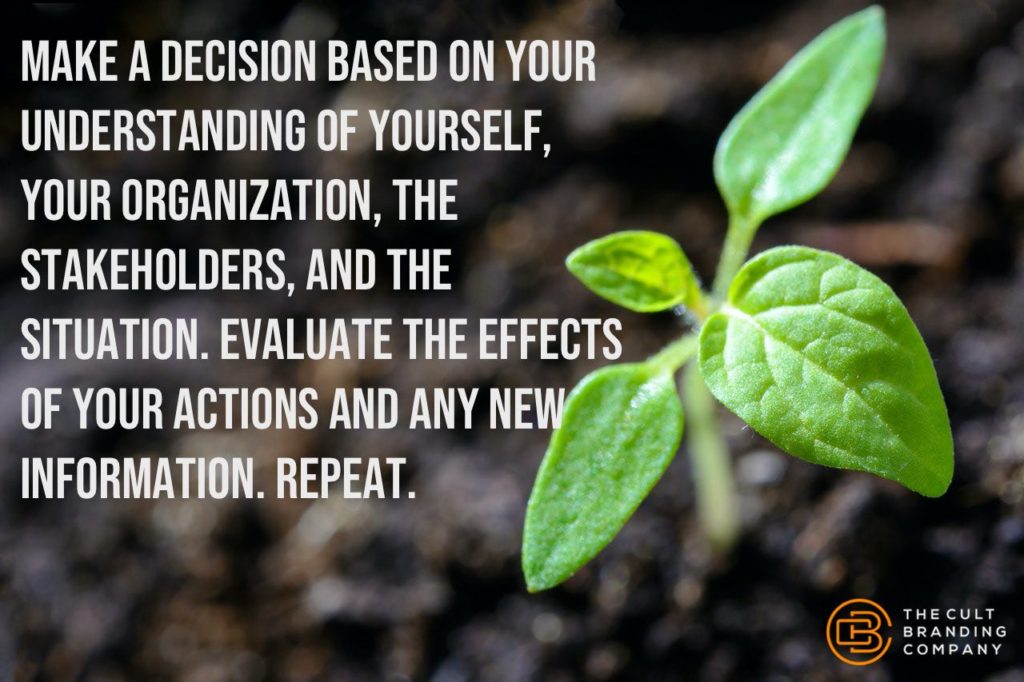

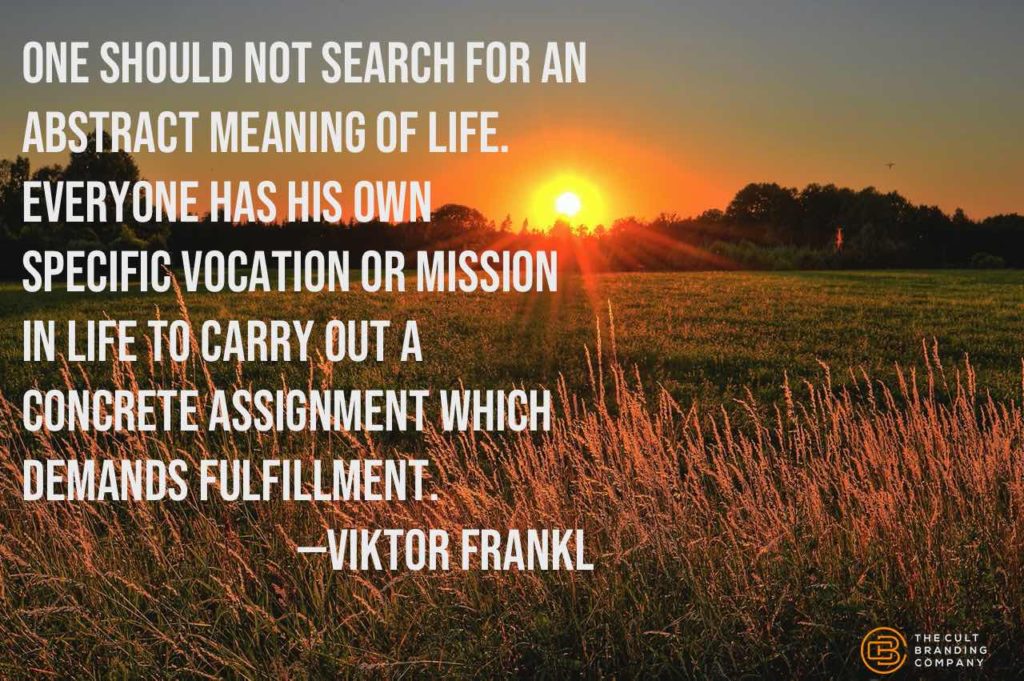
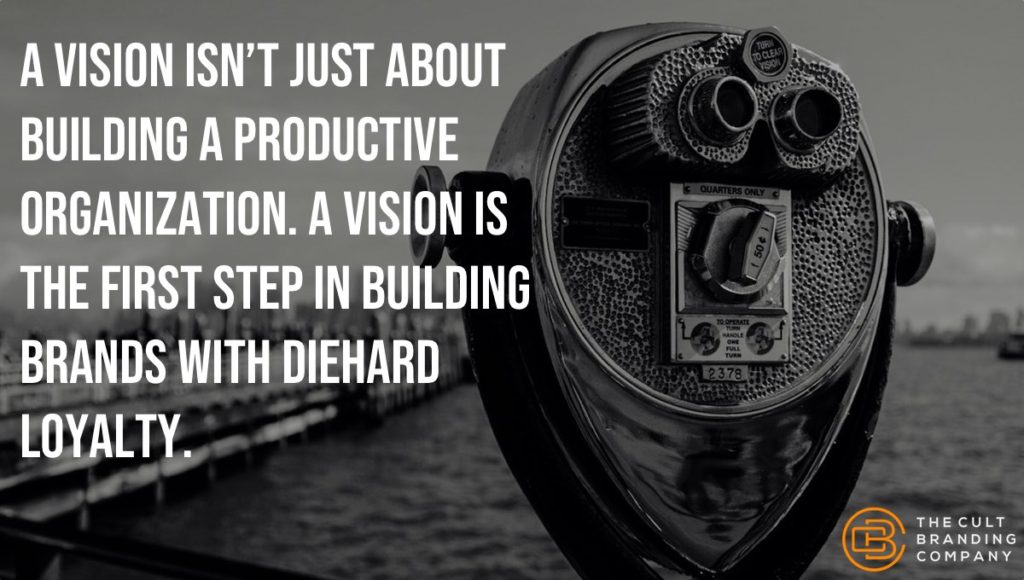
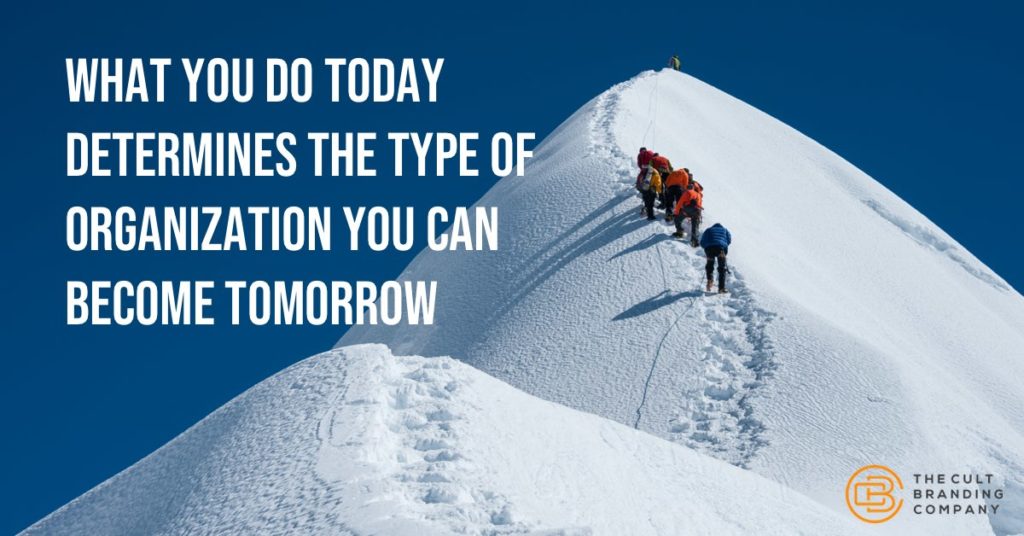
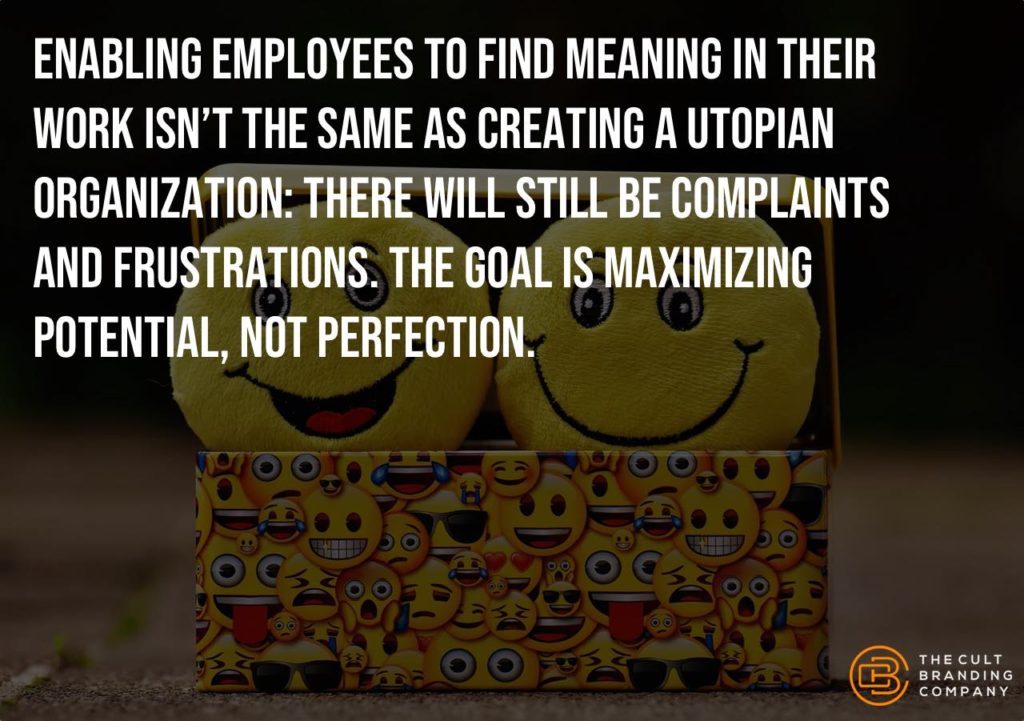
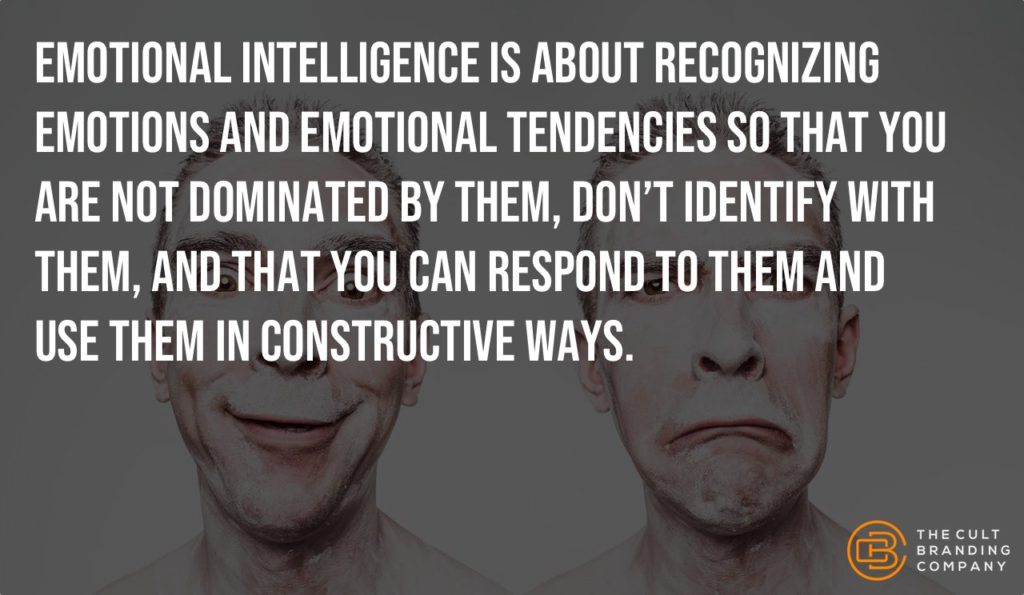
![To be an effective leader, you have to be a really good listener. And, not to what’s being said, but to what’s not being said. You have to be really observant. That was a big transition for me: I went from being a scorer and a floor general to being a leader. And, that meant putting others first. That means not worrying about: Are you in rhythm? Are you playing well in this game? Are you ready to go? [It means going] to being: Are they ready? What can I do to help them be ready? That’s the big transition to make. You’ve gotta observe them, because they all have things they want to accomplish as individuals. And, as. Leader you’re like, “Okay, what are those things?” And, how can I help them accomplish that within the system, the structure that we are trying to do collectively. —Kobe Bryant](https://cultbranding.com/ceo/wp-content/uploads/2020/02/Leadership-Leaders-Kobe-Bryant-1024x643.jpg)